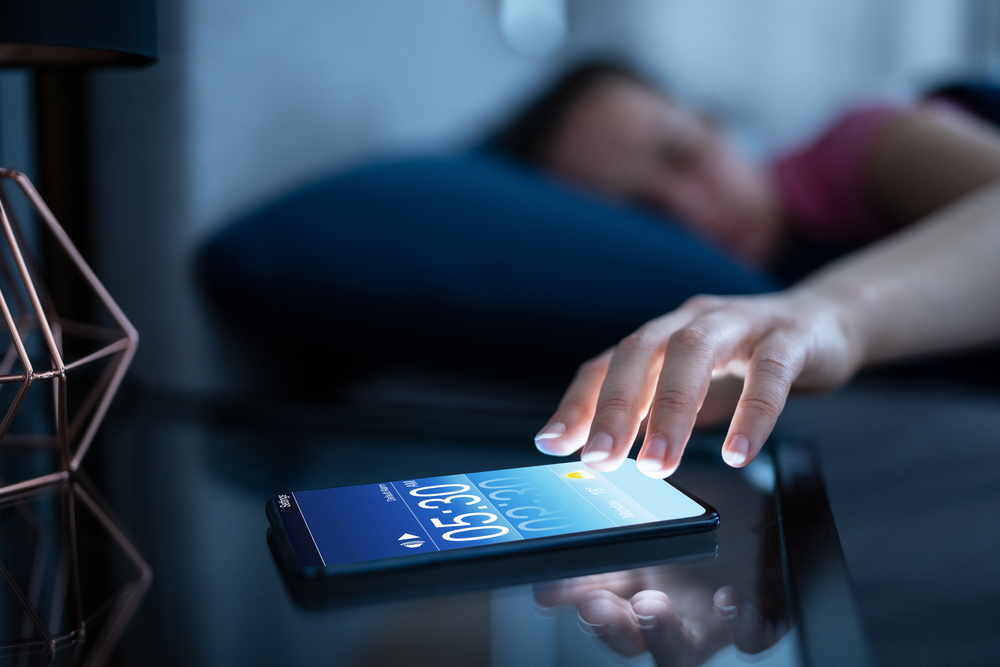Others are reading now
Alarm-snoozing is a common morning ritual for many, but what does this habit mean for your health and sleep quality?
Sleep experts shed light on the impacts of hitting the snooze button and offer advice for those looking to improve their sleep habits.
Dr. Mathias Basner, a sleep and chronobiology professor at the University of Pennsylvania, explains that sleep quality is as crucial as sleep duration.
Continuity of sleep is a significant factor in its quality. Waking up frequently, whether due to external noise or internal factors like anxiety, can disrupt the recuperative nature of sleep. Continual snoozing breaks the cycle of uninterrupted sleep, making the rest less effective.
Also read
Effect on Wake-up Hormones
Research indicates that alarm-snoozing might interfere with the body’s wake-up hormones. Basner refers to studies showing that anticipation of waking up early can trigger hormonal changes in preparation for waking, even if the actual wake-up time is later.
This could mean that setting an alarm earlier than necessary may unnecessarily trigger these hormones.
For people with specific conditions, like obstructive sleep apnea, the effects of multiple awakenings could be more pronounced, leading to increased blood pressure and heart rate, notes Dr. David Kuhlmann, sleep medicine director at Bothwell Regional Health Center.
Patrick M. Fuller, a neurological surgery professor at UC Davis Health, adds that snoozing might interrupt rapid eye movement (REM) sleep, leading to grogginess and disorientation upon waking.
However, snoozing isn’t all negative. Fuller emphasizes that for some, particularly those who stay up late (night owls), snoozing might be beneficial.
A small Swedish study even suggested that snoozing may not significantly impact sleep quality or cognitive performance upon waking.
Recommendations for Better Sleep
Instead of multiple snoozes, setting the alarm for the actual wake-up time is advised to ensure uninterrupted sleep. Fuller suggests placing the alarm clock across the room to avoid the temptation of snoozing.
Kuhlmann encourages natural waking without an alarm, advocating for adequate sleep duration and adopting habits that support the circadian rhythm.
If excessive snoozing accompanies symptoms like morning headaches or dreading getting out of bed, it may be time to consult a sleep specialist. Fuller points out that these could be signs of underlying sleep deprivation or a sleep disorder.
In summary, while the act of snoozing an alarm is common, its effects can vary depending on individual circumstances.
The consensus among the sleep experts interviewed is to prioritize uninterrupted sleep and consult a specialist if sleep issues persist. Interestingly, most of these experts do not use alarms themselves, relying instead on their body’s natural waking mechanisms.


